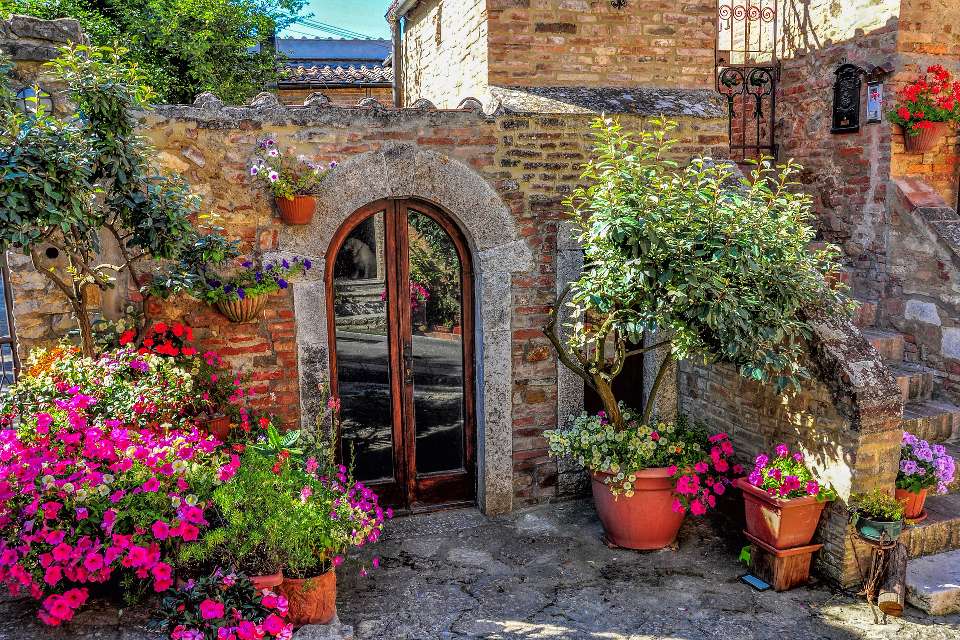Distance Learning in the Philippines amid Covid-19
 |
| Photo by JESHOOTS.COM on Unsplash |
The end of the school year was suddenly disrupted by the coronavirus pandemic in the Philippines. By mid to end of March, because of the increasing local transmissions, most of the big cities announced immediate community quarantines and lockdowns. This was done to avoid overwhelming a currently weak and ill-prepared health care system. As a result, several schools closed without finishing the classes, graduation ceremonies were postponed, and distance learning became inevitable.
Without a clear end to the community quarantines a month later, some schools took the initiative and conducted online graduation ceremonies. One, in particular, stood out and had a mobile graduation. Cauayan East Central School in Isabela converted and decorated the back of a truck for the stage and went door-to-door to the graduates’ homes.
But what of those that didn’t even finish the classes? It should be noted that the government informed the schools early on to prepare for possible conversion to online classes. But this poses a problem for the majority of our teachers and students, and also some of the subjects being taught. I had my taste of the problems last April while helping my father, who is a college instructor, conduct his final exams online.
My father is a senior citizen with limited digital and internet experience. He teaches Mechanics, Machine Shop, and Technical Drawing to Marine Engineering students. The college where he teaches was one of those that did not get to finish its school year, so the school administration eventually decided to hold the final exams in the last week of April. This announcement was made through the most widely used communication channel in the Philippines: Facebook Messenger. Fortunately, my father had a Facebook account as well as an unlimited internet at home. Some of his colleagues on the other hand either weren’t social media users or didn’t have a stable internet connection.
After hearing about the plans of the school, we scrambled to work. My father outlined his exam questions and answers, while I and my brother gathered the students online by creating a group chat. Was it an easy task? We initially thought so. It turns out that (1) a lot of the students did not use their real names on their accounts making them harder to find; (2) some of these accounts were last updated months ago, which means they’re not active; and (3) some students had few classmates who knew them in class. So to finish the task faster, we asked for the help of the students themselves: that they add their friends who are in the same class. It took several reminders of missing names to even complete a class.
Now all that was left was the exam proper. The teachers had two options: (1) Google Class or (2) Messenger/Email (by typing or submitting a photo or scanned image of the written answers). We chose the latter because we thought it was easier, for now, for a problem-solving exam. But with more than 150 students to monitor just for one subject, the submission and checking of papers took two full days (with some late submissions within the week) to finish. That was the most exhausted I’ve been from working online for the past nine years.
And as much as we would’ve wanted all students to participate in the said exam, they faced difficulties that, unless addressed by the concerned institutions as soon as possible, would prevent them from continuing their studies for the next year if this pandemic does not end. The same goes for teachers who are trying to make sense of the technology or lack thereof. The most common of these problems are:
- Internet Connection
Our digital infrastructure is inarguably one of the worst and most expensive even in Southeast Asia (thank you, politicians) so not everyone can afford an internet plan. This will be a problem since online classes are video-heavy. Our people might be the most active social media users in the world, but the majority only have mobile data to connect to the internet, which brings us to the next problem. - Mobile Phone Signal
Because of the community quarantine, all students went back home. Some of them live in the countryside where signal strength is weak. My father even has students who climbed up a tree or the rooftop just to get signals. Others had to go to the nearest town, and because movement within the city is limited during this time, they can’t go out whenever they need to. - No Computer / Laptop / Smartphone
How could you attend online classes without these? And without internet cafes operating today, some students are left with no options. From the online exam we’ve had, students who only had the basic mobile phone had to borrow smartphones from neighbors or friends to submit their papers. - Hands-on Classes
Some classes have mandatory laboratory components. Imagine you’re taking major science subjects (e.g. Chemistry, Biology) or my father’s Machine Shop, which includes welding and cutting. How would laboratory works be conducted? The best schools abroad might already have shifted their lab courses online — videotaped experiments, home lab kits, virtual simulations. The college where my father teaches, on the other hand, which just started summer classes, will still have in-person lab practice after the online theoretical portion is finished. Those are scheduled in June and July.
Those four are the most obvious challenges for online education in the Philippines. There’s still more — online payment, updated online school systems, etc. But while our country is still lagging behind other nations, let us hope our educators do not stop learning new ways of teaching in this digital age. We may not have been prepared, but this is the best opportunity to finally step up, be creative, and lay the groundwork for the advancement of Philippine education.


Comments
Post a Comment